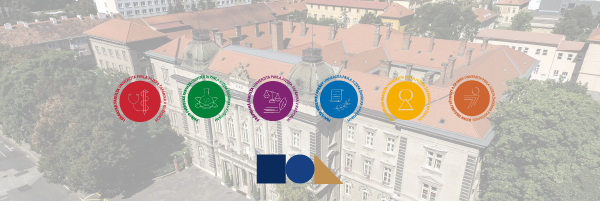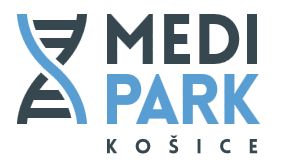| Objective: |
Methamphetamine use is currently spreading in the EU, whereas prevention efforts remain limited and inconsistent. Moreover, we lack a sound understanding what works, in which context, when and specifically for whom, when it comes to tackling methamphetamine use. This multidisciplinary, translational project aims to provide an in-depth understanding of the translation processes of best-practice prevention of methamphetamine use. It therefore supports the DG JUSTICE work programme priority of “practical application of drug-related research, and, in particular, addiction research with a view of addressing current challenges and new threats”. Furthermore it addresses action no. 29b of the EU Action Plan on Drugs 2017-2020 aiming to “strengthen the cooperation to tackle the rising trend of stimulant addiction, in particular methamphetamine, between relevant government bodies and the NGO sector, focusing on creating and sharing best practices in preventing the spread from local epidemics ”. In order to reduce methamphetamine related harm across Europe and to contribute to preventing a further spread of the methamphetamine epidemic, the project will provide an effective knowledge transfer model for all affected regions in the EU by a) synthesising the latest evidence on methamphetamine use prevention for the selection of the most adequate evidence-based prevention strategies, b) establishing multi-stakeholder partnerships (incl. local authorities, researchers and civil society stakeholders, e.g. service providers and users) in five highly affected EU cities in Czech Republic, Slovakia, Germany, Poland and Lithuania to drive the design, implementation and assessment of intervention packages to prevent methamphetamine use, c) tailoring and implementing best practice strategies to prevent methamphetamine use in the five EU pilot cities and d) evaluating translation processes and public health impact of the tailored intervention packages and disseminating results and guidance. |













